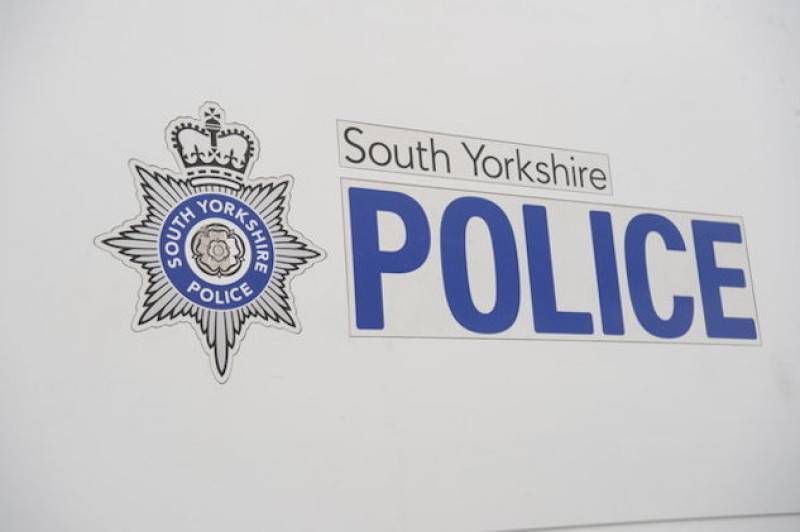POLICE ‘stop and search’ checks on the streets of South Yorkshire have increased by 400 per cent on historic levels as the force increases pressure on gangs and drug dealing suspects.
A figure of more than 300 searches conducted in Barnsley during October would have been the total expected for the whole of South Yorkshire only two years ago, said Chief Constable Stephen Watson.
In fact, the force-wide figure was 1,844 – reflecting national guidance to abandon a previous government imposed crackdown on numbers of searches conducted.
Despite the surge in numbers of searches, the ‘success’ rate where officers found something suspicious, remained at around 20 per cent, which is regarded as acceptable.
Mr Watson said more of those subjected to stop and search checks were now being filmed because the officers involved wore body-cams, with those involved shown to be ‘highly professional’ in their work.
He said: “We are seeing stop and search going up dramatically. October 2019 was the highest in Barnsley. Two years ago that would have represented the whole of South Yorkshire.”
Numbers of arrests have also been increasing, with officers now taking 27 per cent more prisoners than they would have done a year ago, an increase of around 100 people per week.
“That is why crime is falling,” he said. “Our people are proactively on the front foot. I know this is what the public expect to see.”
Details of the stop and search numbers were presented to South Yorkshire’s Police and Crime Commissioner, Dr Alan Billings, at a meeting of his Public Accountability Board, where the Chief Constable and his force are held to account.
An independent ethics panel, which reports to the PCC, monitors performance and statistics around stop and search, which has proved a controversial tactic in the past because of the way some districts and their communities have borne the brunt of checks.
However its chairman, Andrew Lockley, told the board the panel had been ‘most impressed’ by the way the ‘successful outcomes figure has been maintained’.
After being discouraged by the government in the early years of the decade, the value of stop and search – partly as a crime prevention tactic – were recognised as knife and violent crime began to increase.
- Provided by the Local Democracy Reporting Service.


















